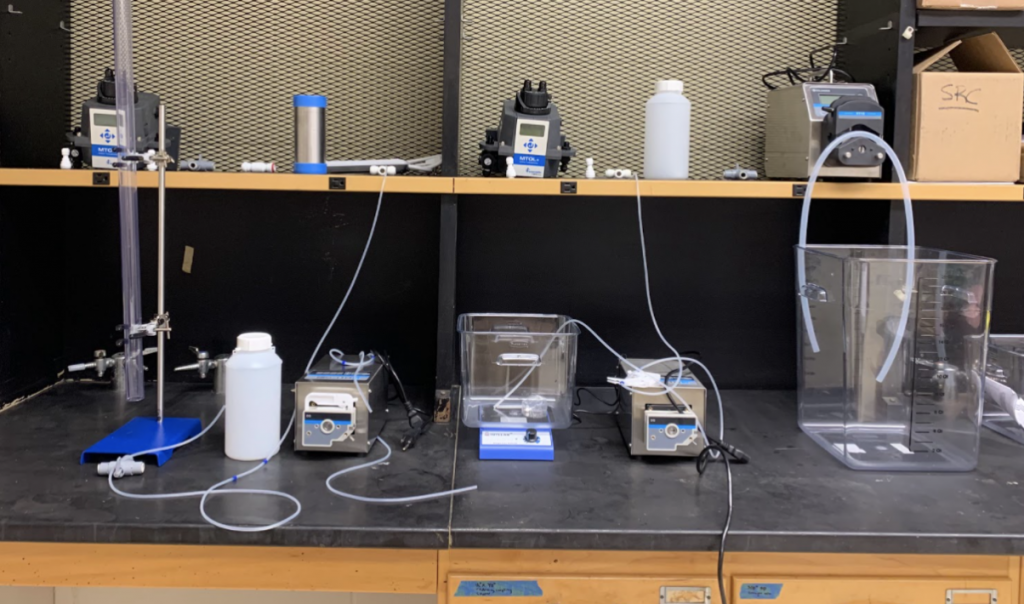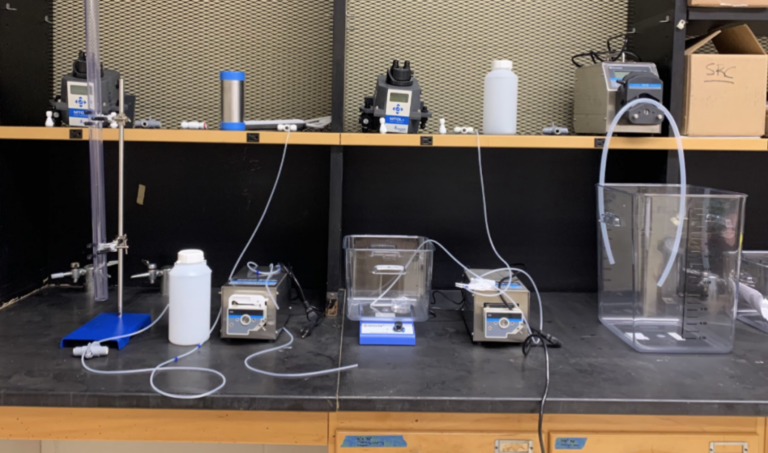To view the full report, click here
The field of Engineering for Global Development (EGD) has been evolving and growing in U.S.-based universities. Many EGD-related programs provide physical lab spaces that allow for team-based, multidisciplinary, experiential learning opportunities that engage students at multiple points in their academic careers. These EGD-related lab spaces often cater to a variety of technical, environmental, and social research and projects. The purpose of this research collaboration was to categorize and provide recommendations for new and developing EGD-related lab spaces within university settings. To understand the current landscape, Fellows conducted desk research of 23 universities with EGD-related programs. To supplement, Fellows conducted semi-structured interviews with individuals representing 11 universities.
Across the universities investigated, labs have a wide variety of organization and funding (e.g., state, grants, industry partners). Students’ involvement in the labs varies, including how students are recruited and what training, tools, and resources are available. Programs face challenges related to university structure, project sourcing, and resource constraints. Meanwhile, success factors include industry support, passionate faculty, and clear communication of the space’s value-addition to a department or university. Based on these findings, Fellows identified recommendations for creating and sustaining EGD-related lab spaces, including ways to get students involved in sustainable development innovation, and how to address and alleviate challenges. Rather than providing a strict set of guidelines for future programs to follow, this report is meant to serve as a record of lessons-learned from existing EGD-related programs.
To view the full report, click here
ADVISORS AND COLLABORATORS: Dr. Michael Hagenberger, Associate Dean, Ohio State University
E4C 2021 PROGRAM MANAGEMENT TEAM: Mariela Machado, Senior Program Manager; Grace Burleson, Research Manager; Marilynn Holguín Clover, Program Coordinator; Jonathan Kemp, Program Associate
This research was completed as part of the 2021 E4C Fellowship program. Learn more about the Fellows who worked on this research collaboration by connecting with them on LinkedIn: Emily Crawley, Matt Parsons, and Patrick Sours.


No Comments.